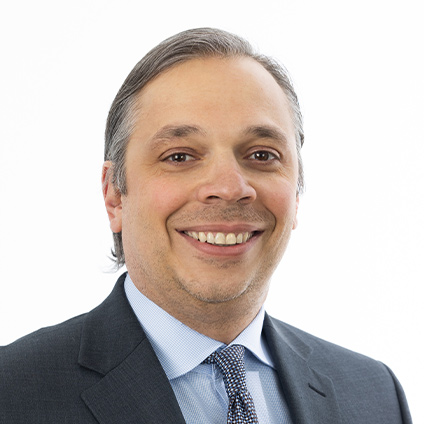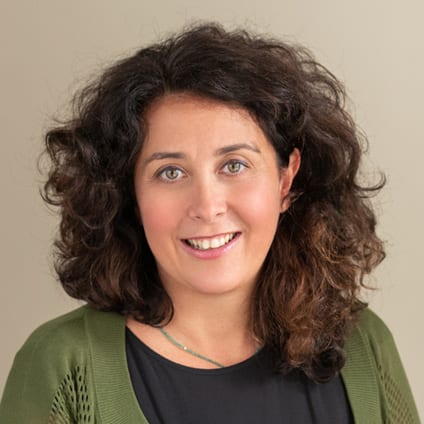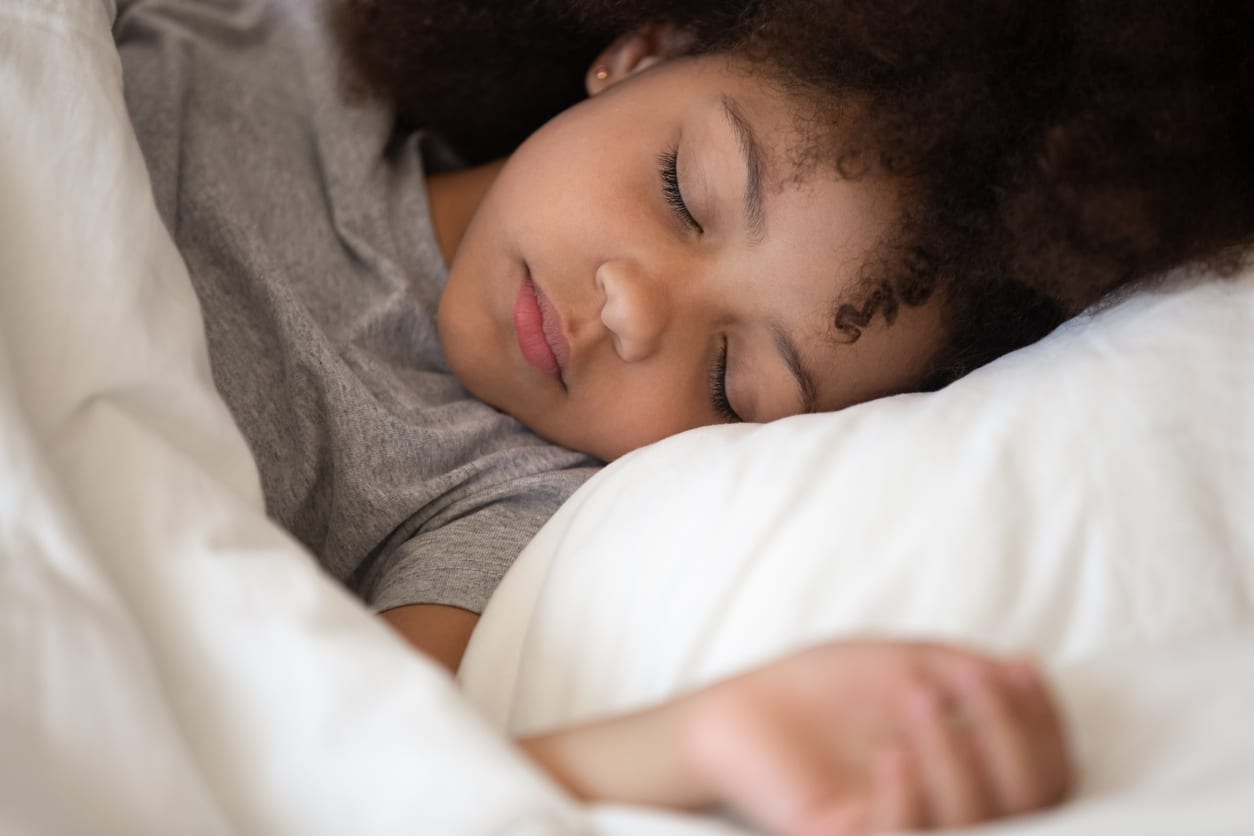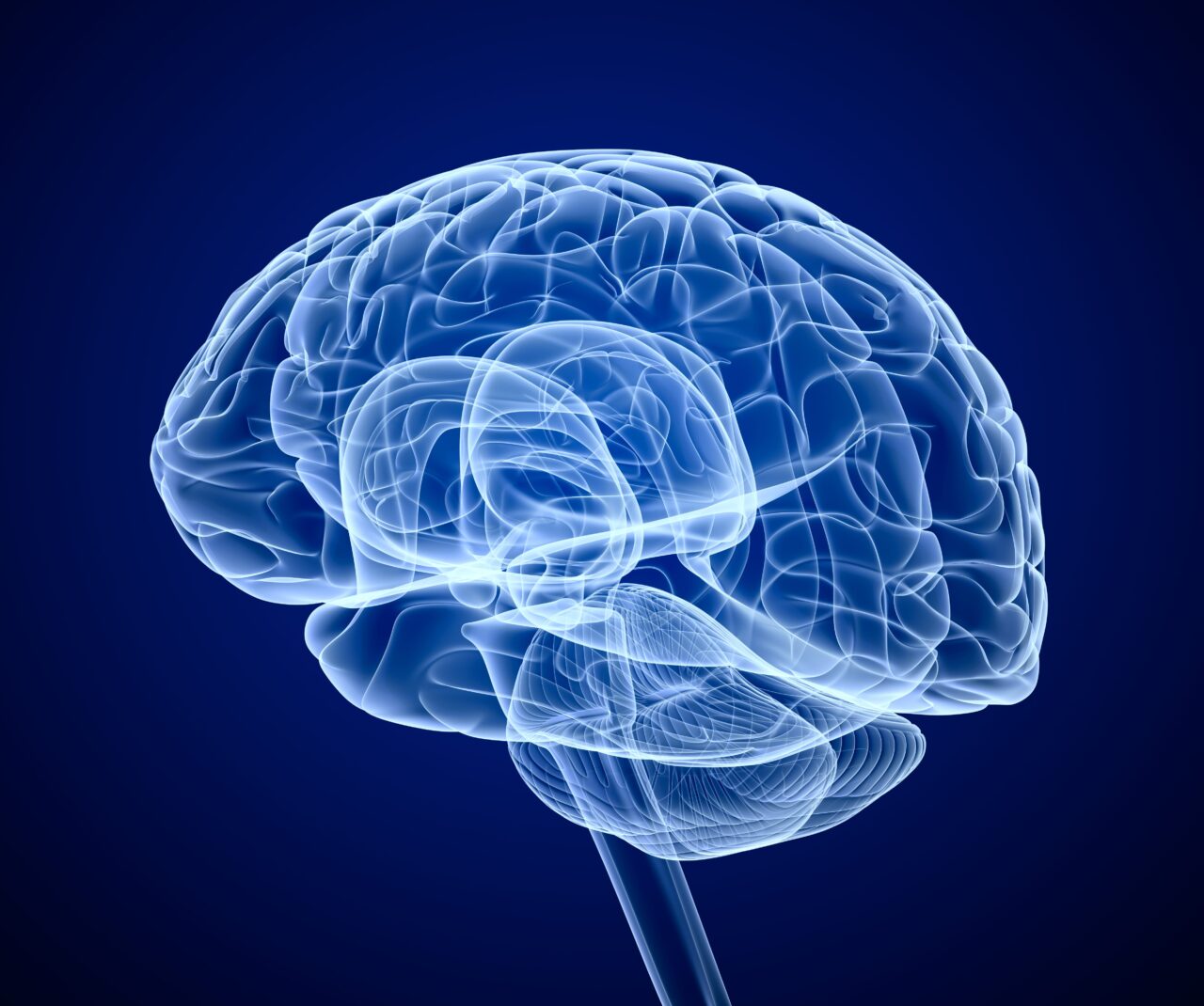Everybody knows that as you grow older, your body changes. Your brain changes too! Research has shown us that some things you do during your life will slow down this aging process, while others will accelerate it. It’s widely accepted that using drugs and alcohol – especially overusing them – accelerates aging throughout the body. But science is only beginning to understand how substance use and the disorders associated with it affect brain aging.
Recently, a team of international researchers, including Alexandre Franco, PhD and Nathalia Esper, PhD from the Child Mind Institute, conducted an analysis that advanced that understanding. They used neuroimaging data to compare the cortical thickness, or the thickness of the outermost layer of the brain, in 30-year-olds with cocaine use disorder (CUD) to that of non-using 30-year-olds and non-using 80-year-olds. This winter, the team of collaborators published an article on their findings, “The cortical thickness of tricenarian cocaine users assembles features of an octogenarian brain,” in the Journal of Neuroscience Research.





